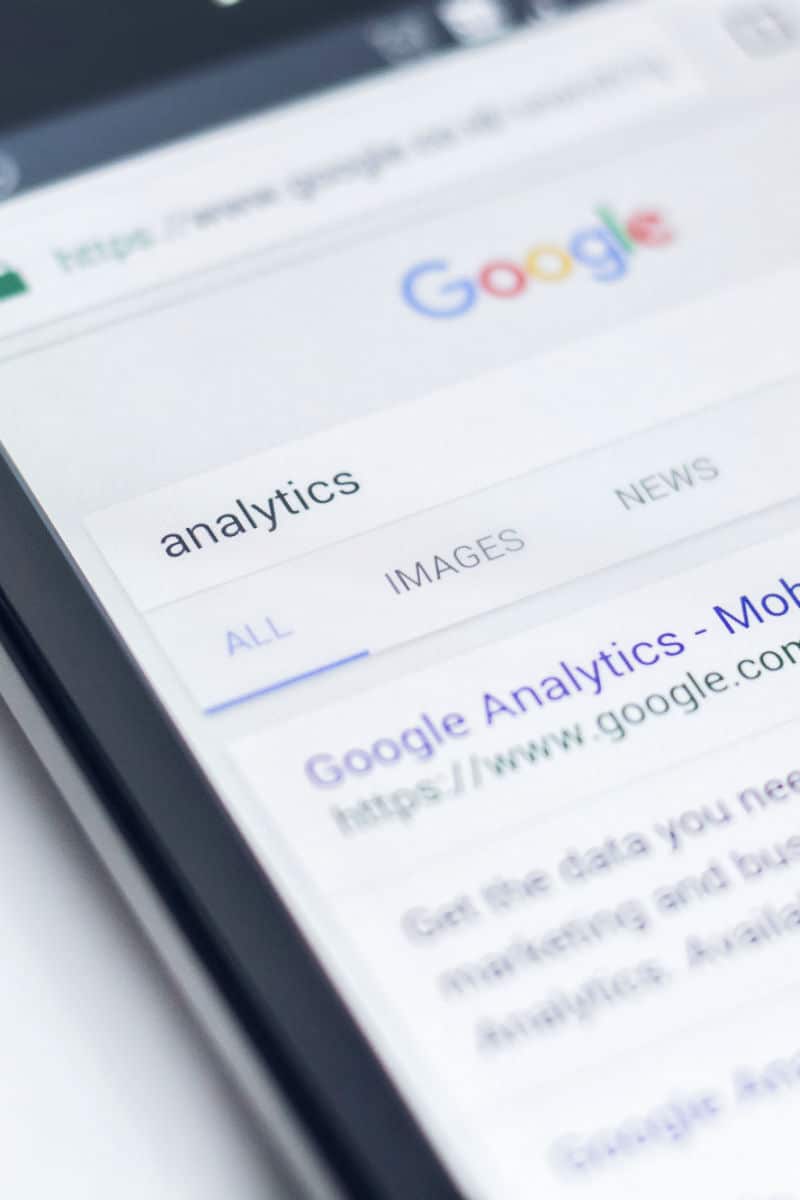
What is Search Engine Marketing?
Paid Search or Search Engine Marketing (SEM) is often the most effective method of online advertising for businesses. By investing in pay-per-click (PPC) advertising on Google Ads and Bing Ads, you are able to immediately put your ads in front of targeted audiences that are ready to convert. Whether your goals are e-commerce sales, driving website traffic, raising brand awareness, getting more calls, or even increasing footfall at physical locations, PPC campaigns offer a well-targeted, easily reported and cost-effective solution.
Search Advertising
Buyers use search engines, and click on PPC ads. 65% of commercial/buyer-intent keywords are paid clicks, which means that no matter how strong your organic SEO performance is, ignoring PPC means you are missing out on opportunities.
Paid search ads are the ones visible on the Search Engine Results Page (SERP) that is displayed when your search in Google or Bing is completed. These are the sponsored entries you see above, below and throughout your organic, or non-sponsored, results. Paid search is typically a major component in an online marketing strategy, and requires careful planning, execution and management to maximize its effects.
Display Advertising
Google Ads are not limited to just text ads on the SERP. The Google Display Network is by far the world’s largest display advertising network, reaching 90% of internet users around the world. Display Ads allow you to place visual ads on Google partner websites, allowing businesses to reach a wide range of potential clients to quickly and effectively build their brand awareness.
Google Shopping
For e-commerce businesses in the retail and FMCG industries, Google Shopping campaigns offer an additional channel with which to get their products in front of buyers. Shopping ads use rich product data from a feed and pull product image and price, which is then served on a carousel with other products on relevant Google searches.
What Your Search Campaigns Need
- Keyword research – Part science and part art, the first step of any successful PPC campaign is thoroughly identifying the search keywords and phrases you will be targeting.
- Campaign structure – The right campaign structure can have a huge impact on your overall account performance. Too granular and you won’t gather enough meaningful data to optimize effectively, while too broad and you won’t be benefiting from the decreased-CPC benefits and improved targeting of modern PPC best practices.
- Audience Targeting – By identifying and narrowing down the right audiences to target, you will make the most of your digital marketing investment by showing your ads only to those most likely to engage with them.
- Ad Copy – Well targeted and engaging ad copy is critical to boosting click-through rates and maximizing conversions, with regular A/B testing to constantly improve.
- Goal Targeting – Establishing the right KPIs and forecasts ensures you’re making the most of your spend and maximizing ROI.
- Reporting – Don’t just take your digital marketing agency’s word for it. Automatic updating, human-readable and relevant performance reporting is important in decision-making and justification for continued or increased pay-per-click investment.
- Remarketing/Retargeting – Make the most of your paid search investment by building relevant and engaged audience lists, and make sure they’re seeing your ads.


Full-Service Digital Marketing and Management
Husaria Marketing is a premier search engine marketing agency and Google Ads Certified. We have over a decade of experience in SEM for businesses of all sizes and industries. Our clients include small businesses, start-ups, software developers, educational institutions, as well as major players in the fashion, retail and commercial real-estate markets in the UK and European Union. We offer the reliability and communication of an in-house marketing team, with the convenience, peace of mind and professional reporting of a dedicated marketing agency. Plans start from only $495 per month!

